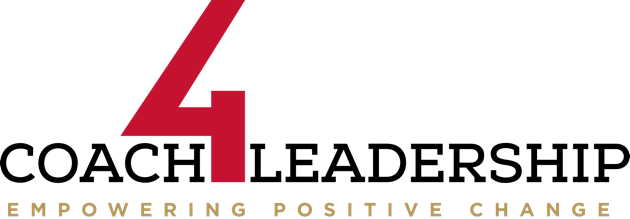What makes you do the things you do? What motivates or “Drives” you, as Daniel Pink would say? If your reading this blog post then it’s likely your a knowledge worker and your granddad’s (or even dad’s) kind of “drivers” aren’t going to be your’s. If you (and/or your business) is going to be successful in today’s knowledge economy, understanding how to leverage the right kind of drivers is critical.

I’ve always considered myself to be a motivated guy and so do most people who know me. The trouble is that I haven’t always known what motivates me. I did learn a lot about motivation going through my Coaching program. For example, that the two key components of motivation are importance and confidence. When a person is lacking in either of those two, motivation will be lacking as well. To empower positive change, just find out what needs attention, help them move the needle on one or both and motivation follows. In addition, reward appropriately. Simple enough, right? Maybe not.
To truly understand how we are motivated, a deeper dive is needed on the “Importance” element of the equation above. The first thing to understand relates to what I alluded to in the beginning: the entire game has changed and a lot of people haven’t noticed. The Industrial Age has given way to the Information Age where knowledge workers are a critical asset, and in large part are what makes today’s society run. In fact, McKinsey & Co. estimate that 70% of job growth in the US comes from heuristic work requiring creativity and complex decision making skills, as opposed to algorithmic work that can be outsourced.
Second, we need to acknowledge that the traditional elements we associate with motivation, basic survival needs and external rewards (pay, perks, etc.), are no longer sufficient to keep these people performing at their best. In addition, these first two factors have to interact with the third factor of Drive, which requires a full-scale upgrade on how we think about and foster motivation.
I’ve read bits and pieced of Dan Pink’s book Drive, The Surprising Truth About What Motivates Us in the past, but I’ve just finished reading it in it’s entirety. I not only learned a lot more about the concept of motivation, but a lot about myself as well as the people and business I lead. While reading, some things were reflective as in “oh, that’s why that worked (or didn’t)!” and others were instructive as in “gee, that’s pretty important; I better start doing that or doing something different if I want us to win here”. Knowing what motivates you and why is critical if you want to accomplish what serves your long-term interest and plans. It reminds me that proverb “activity doesn’t equal accomplishment”.
According to Dan and the research his book is based on, there are three broad categories where we need to think differently:
- The way we Organize- Understand that purpose maximization has to be at the forefront, not just profit maximization.
- The way we Think- Recognize that beyond a certain point, the most powerful incentives aren’t economical.
- The way we Do our work- Replace the notion that location and supervision ensure results; people capable of self-directed work are now essential.
Finally, what “Drives” people really consists of the following three components…the 3-part secret if you would….that takes into account and integrates the elements of the old 2-part equation (importance and confidence) for motivation:
- Autonomy- The desire to direct our own lives within an inter-dependent context.
- Mastery- The urge to make progress and get better at something that matters.
- Purpose- The urge to do what we do in the service of something larger than ourselves.
There you have it: Autonomy – Mastery – Purpose…..or AMP for those who love acronyms as much as I do.
Peter Drucker coined the term “knowledge worker” over 50yrs. ago and foresaw the next frontier in business terms as being self-management; the concept applies equally when it relates to personal interests as well. He argued that to be successful, individuals were going to need to think hard about what are their strengths, how they can contribute and how they can improve their performance. In other words, the admonition of Socrates to “Know thyself” appears to be just as important in life and business today than it was thousands of years ago. As it turns out, doing so then allows you to leverage AMP for your benefit, your business, and those you lead. More to come on that.
In the meantime, how’s your Drive and where is it coming from? If you have a hard time answering that question, what to you need to do to find out?
